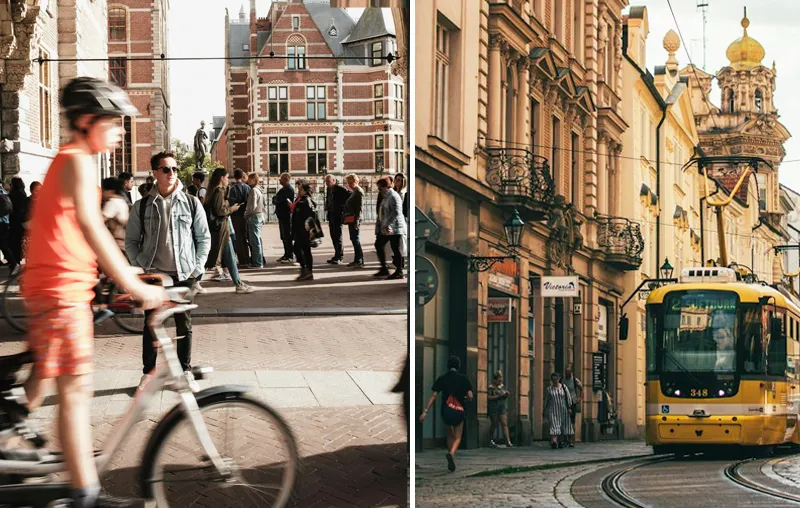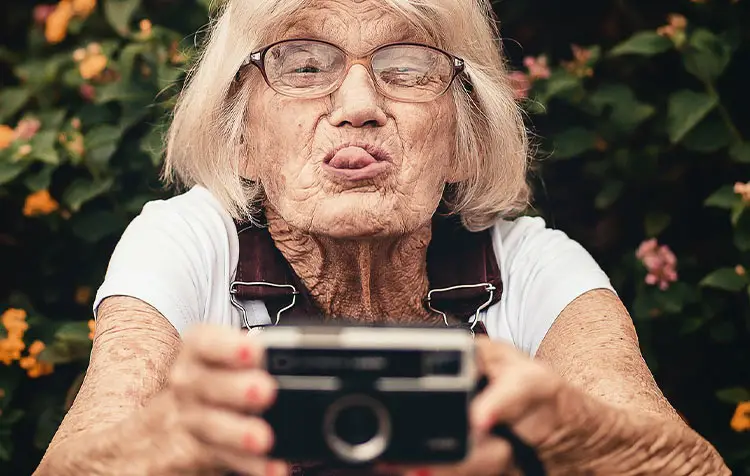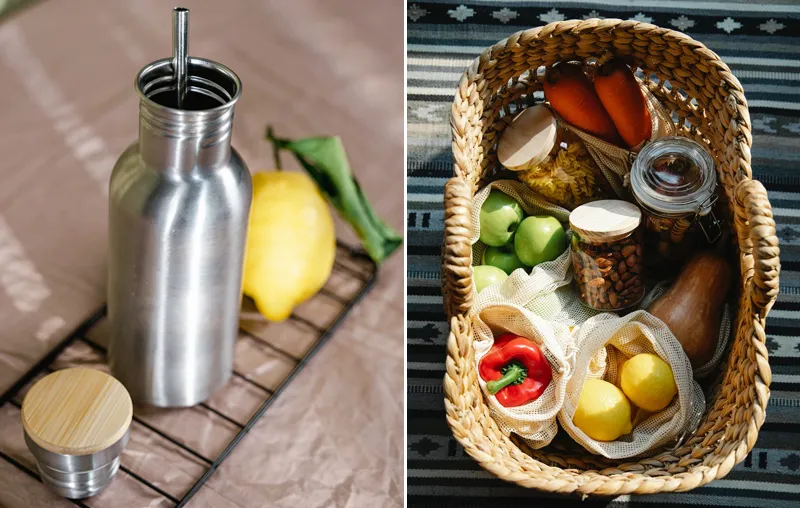Once again, 2018 flew by. Before I turn my attention to the new challenges in 2019, I would like to look back on 2018, which was such an eventful year for me personally, with a highlight video.
Eventful, because I spent more time in nature than ever before in my life. I started my own business as a nature filmmaker and took my first steps into this small and difficult industry. Even though it's not easy to show 365 days in just 6 minutes, the film gives you a good insight into what I was able to experience in 2018.
Making nature part of everyday life
My goal in 2018 was to be outside as much as possible and to constantly gain new experiences. In dealing with the camera and, above all, in interacting with nature.
Also for my Wildlife Highlights from 2017 I have already invested a lot of time in my passion for nature film, but 2018 was a much more intense year. Not only did I become self-employed, but I also reduced my full-time job in the office to three days a week. This was the key for me to be able to spend more time in nature than ever before in my life.
It allowed me to experience nature from a perspective that is normally denied to us in the usual everyday madness. Because we often don't have the patience to sit somewhere for several hours and wait for something to happen. Especially when this something is so unpredictable and we don't even know if it will happen at all.
This question of the proportionality between this uncertainty and the effort you put in has been less of an issue for me since last year. And so I was able to take the time for moments when I really needed it.
My most emotional experience
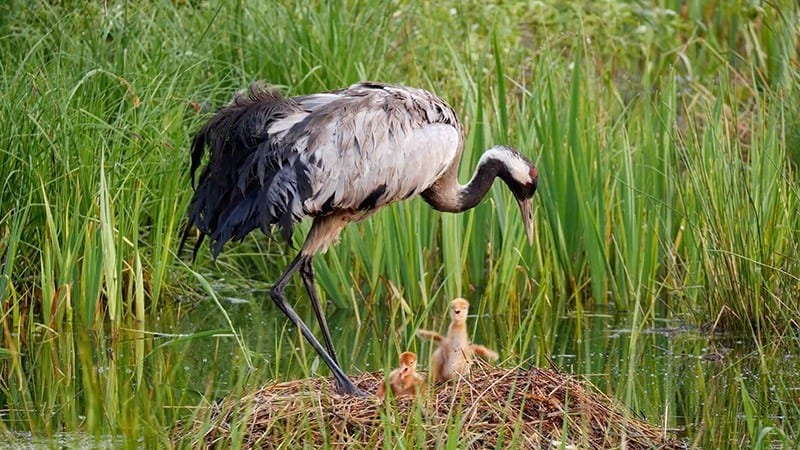
The most memorable of these moments was certainly the birth of two crane chicks, which I was able to witness up close in the spring. I waited in my camouflage tent for over two days for the second chick to hatch. It was a long time coming, while the first chick saw the light of day two days earlier.
The day after Ascension Day was the day. I'll never forget the night before 😀 . I spent the night in my camouflage tent 15 meters from the cranes and there was such a heavy thunderstorm that the night was extremely uncomfortable.
After a few hours' sleep, I saw the completely soaked mother crane the next morning as she continued to brood in her nest, never allowing her offspring to get a single drop of rain. When the storm cleared and daddy crane returned from foraging, I was able to film the moment when the second crane chick saw the light of day for the first time.
These insights into the lives of such hidden animals were priceless for me. No specialist book in the world can convey the experiences that you take away from such situations. An emotional experience that no other animal species in our native nature can offer in this form. I hope that I was able to make this special moment as tangible as possible for you in my short film.
Sea eagle invasion and black sun
I had another highlight in 2018 in the Peene Valley in Mecklenburg-Western Pomerania. At times, more than 230 sea eagles gathered there to fish together. A simply incredible spectacle when you consider that white-tailed eagles are actually solitary birds.
Fortunately, word of this special event had spread as far as Berlin and I made the two-and-a-half-hour journey without hesitation. I spent the night in my VW Caddy and the next morning I was able to film the many white-tailed eagles as well as countless cranes, herons, waders and many other bird species in the fantastic backlight.
If someone had told me before this year 2018 that I would get around 15 white-tailed eagles in one picture this summer, I would hardly have thought it possible. In the end, however, it actually became reality. The incredible diversity of species and the great morning light rounded off the impressive overall picture of this beautiful place.
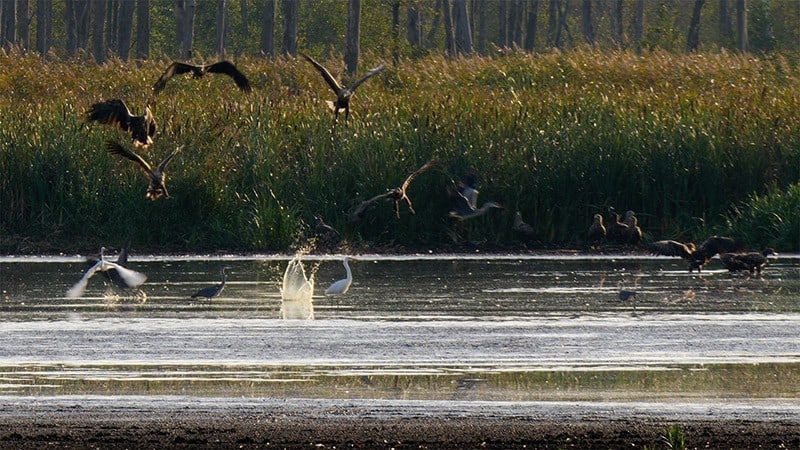
I will certainly remember this experience for the rest of my life and I hope that it will happen again at some point. Even if the background was not necessarily positive, of course, because the many sea eagles gathered mainly due to the extreme drought. For the white-tailed eagles, it was a table set for them, but this hot summer certainly didn't suit other species.
Another highlight was a short trip to the Danish border to see the flocks of starlings that spend the night in the extensive reed beds there in the fall and search for food in the fields during the day. I was particularly lucky as the starlings flew into the reeds at the exact spot where I had positioned myself shortly beforehand.
I was able to get close-up shots of them that I would never have dreamed of before. I had hoped for more formation flights and the odd attack by a bird of prey, but maybe next year it will work out better. In any case, it was a breathtaking experience when the black curtain closed and hundreds of thousands of starlings suddenly took off. I'm definitely planning a tour to see the starlings again next year.
Moments without camera
This year I learned that moments on camera are not everything. Even some moments, from which I have no or only unusable shots, certainly remain with me in the future in good memory.
For example, a pygmy owl that watched me in a pitch-black forest about an hour after sunset as I searched disorientedly for the way back to my car. ?
When he flew over me at a height of about 5 meters and sat down on a branch next to the path, I had the last proof I needed that nature can sweeten even the worst day imaginable.
Surprising moments like these are what make nature a real experience. However, I probably had my most memorable experience without a camera in the Lower Oder Valley National Park. There I observed three different animal species from a distance as they formed a kind of "hunting alliance" that I had never seen before.
Several dozen cormorants, gray herons and black-headed gulls were hunting fish together. While the cormorants chased the fish in the deeper water towards the shore, the gray herons waited there for their chance to catch a fish from the shallow part of the water. When the gray herons struck, the fish swam back into the deeper water. But there again, the cormorants were waiting for their second chance and took their prey. The black-headed gulls were the third beneficiary, as they were able to pick up the fish from the surface.
I have never seen such fascinating cooperation between several different animal species. On the same day, I tried to find out whether this kind of behavior has been observed more often in these animal species, but found nothing.
Unfortunately, the little spectacle broke up shortly afterwards and everyone went their separate ways again. So unfortunately I don't have a photo, but at least I have wonderful memories that I won't forget in a hurry. And who knows: maybe I'll manage to document just such a scene in the new year.
Either way, I have a lot planned for 2019. I'm already looking forward to the tasks ahead and will be happy to keep you in the loop. CareElite Wildlife Blog up to date. Until then, I hope you enjoy my highlight video from 2018! 🙂
Best regards,

PS: Here you can find my personal Nature film websitewhere you can find out more about me and my work.


